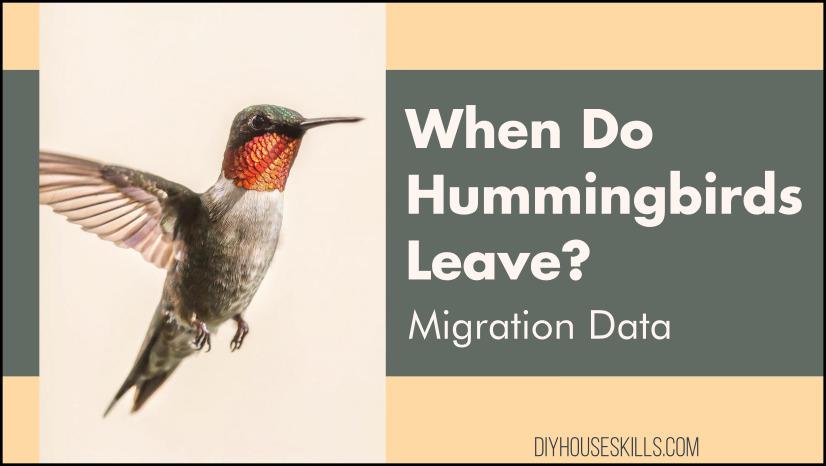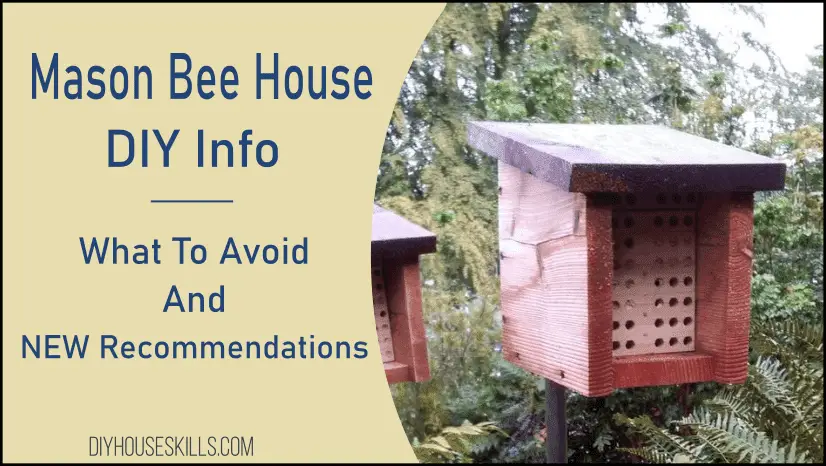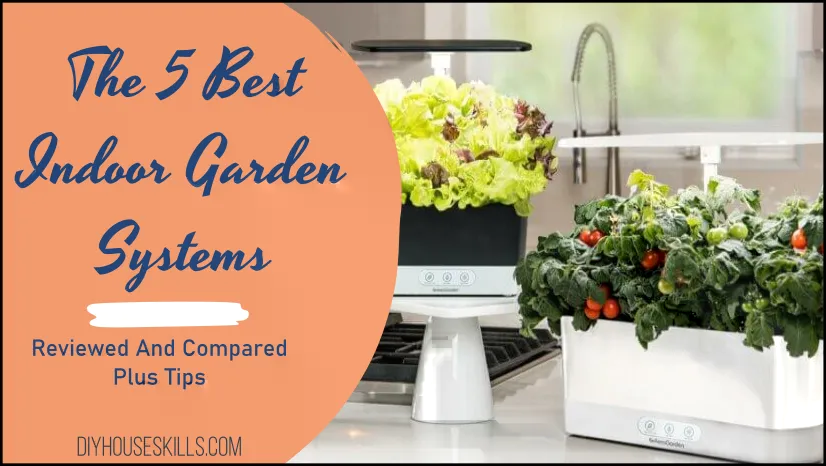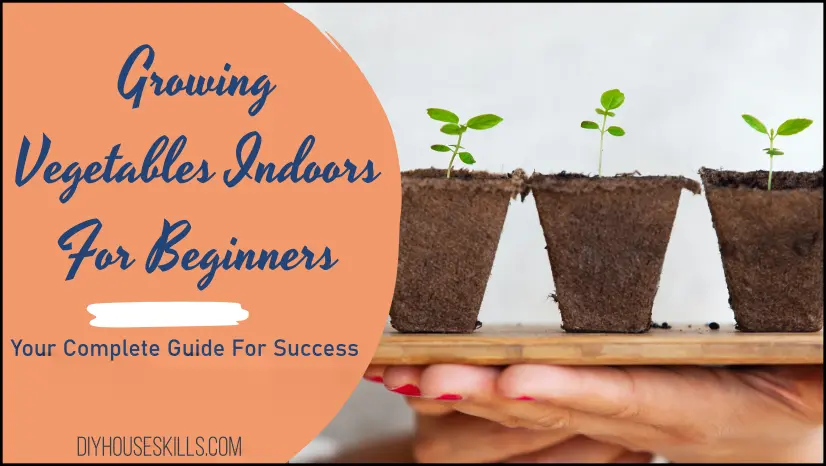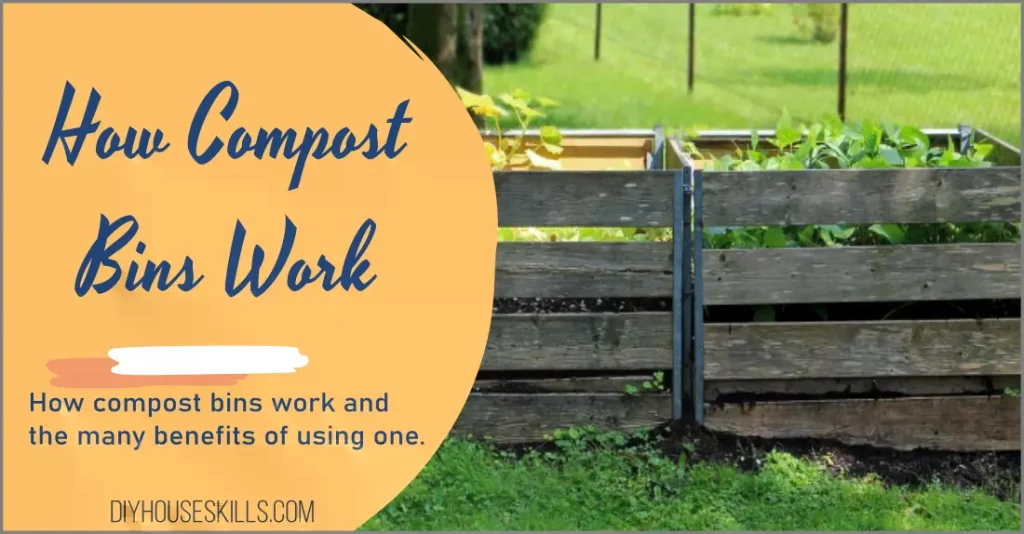When do hummingbirds leave and when to take down your feeder? I’ve collected the data and compiled it for you in an easy-to-read list displayed in this article.
People across the U.S. enjoy watching hummingbirds and setting out feeders for these migratory birds. Inevitably the time will come for hummingbirds to move south, so how do you know when that time has come?
When Do Hummingbirds Leave – State By State Info
Hummingbirds leave roughly in August for males and a couple of weeks later for females. This is dependent on location in the U.S. as southern states will see later departures.
I cover many of the U.S. states in this article on when hummingbirds start to migrate and what you need to know. I thought it useful to include information on when to take down your hummingbird feeder as well.
- When Do Hummingbirds Leave
- When do hummingbirds leave Alabama?
- When do hummingbirds leave Arkansas?
- When do hummingbirds leave Colorado?
- When do hummingbirds leave Florida?
- When do hummingbirds leave Georgia?
- When do hummingbirds leave Illinois?
- When do hummingbirds leave Michigan?
- When do hummingbirds leave Missouri?
- When do hummingbirds leave Texas?
- When Should I Take Down My Hummingbird Feeder?
- What Should I Look For In A Hummingbird Feeder?
- Hummingbird Nectar Recipe
- Frequently Asked Questions:
- When Do Hummingbirds Leave – Summary
When Do Hummingbirds Leave
If you’re one of the many Americans who enjoy the tiny, winged visitors known as hummingbirds, you may be wondering when these fascinating creatures migrate.
While the answer isn’t always cut and dry, there are some general trends to be aware of. Hummingbird migration involves them flying north in the spring and south in the fall to warmer areas.
As a rule of thumb, keep an eye out for departing hummingbirds beginning in late August or early September. Anna’s and Costa’s hummingbirds—both common along the Pacific Coast—are typically among the first to leave.
You may spot these species taking quick sips at feeders before zipping off on their journey south. Watch for ruby-throated hummingbirds beginning in mid-September; this East Coast bird migrates later than its western cousins since it must travel a greater distance to reach its wintering grounds in Mexico and Central America.
By October, most other species of North American hummingbirds will have embarked on their journey southward as well.
Here’s what you need to know about timing your hummingbird migration and when they leave.
The Smithsonian’s National Zoo & Conservation Biology Institute relays that:
17 species regularly nest in the United States, many of these are found close to the Mexican border. Most areas in the U.S. have one or two breeding species and only the ruby-throated hummingbird nests east of the Mississippi.
When do hummingbirds leave Alabama?
The common hummingbirds seen in Alabama are the Ruby-throated Hummingbirds. They leave in late October and early November for their fall migration.
When do hummingbirds leave Arkansas?
The common hummingbirds seen in Arkansas are the Ruby-throated Hummingbirds. They leave in late September to early November for their fall migration.
When do hummingbirds leave Colorado?
The common hummingbirds seen in Colorado are the Black-chinned Hummingbirds, the Broad-tailed Hummingbirds, Costa’s Hummingbirds, and the Rufous Hummingbirds. They leave in early September for their fall migration.
When do hummingbirds leave Florida?
The common hummingbirds seen in Florida are the Ruby-throated Hummingbirds. They leave in mid to late October for their fall migration.
When do hummingbirds leave Georgia?
The common hummingbirds seen in Georgia are the Ruby-throated Hummingbirds. They leave in mid-October for their fall migration.
When do hummingbirds leave Illinois?
The common hummingbirds seen in Illinois are the Ruby-throated Hummingbirds. They leave in early September for their fall migration.
When do hummingbirds leave Michigan?
The common hummingbirds seen in Michigan are the Ruby-throated Hummingbirds. They leave in late August and early September for their fall migration.
When do hummingbirds leave Missouri?
The common hummingbirds seen in Missouri are the Ruby-throated Hummingbirds. They leave in mid-August to early October for their fall migration.
When do hummingbirds leave Texas?
The common hummingbirds seen in Texas are the Buff-bellied Hummingbirds, the Ruby-throated Hummingbirds, and the Black-chinned Hummingbirds. They leave in mid to late October for their fall migration.
The data above provides a general idea of the U.S. regions with types of hummingbirds and their approximate dates of migration. This information was compiled in part with data from https://www.beautyofbirds.com/
Did You Know:
Hummingbirds weigh about the same as a penny.
The northernmost populations of hummingbirds generally begin their migration south in late August or early September. These birds typically travel alone or in small groups, making their way to warmer climates where they’ll spend the winter months.
The journey can be perilous, and many hummingbirds don’t survive the trip. Those that do make it to their destination often double their body weight to fuel their return journey in the spring.
When Should I Take Down My Hummingbird Feeder?
You can leave your hummingbird feeder up as long as you continue to see hummingbirds. It will not deter or prevent the hummingbirds from leaving and starting to migrate.
Continue to leave the feeder outside for up to two weeks after the last sighting. This ensures any migrating hummingbird that is passing by will have a food source.
Be sure not to leave the feeder out in freezing weather as this can obviously cause damage. When you start to see frost you know the time has come to take down the feeder.
Tip:
Leave the feeder up in the fall as long as you continue to see hummingbirds, for up to two weeks after the last sighting.
Check out my related article:
Mason Bee House DIY Info | What To Avoid And NEW Recommendations
I talk about design and placement of a backyard Mason Bee house.
What Should I Look For In A Hummingbird Feeder?
You’ll find several designs when looking for a hummingbird feeder. You should choose one that is easy to clean as this will be required of you quite regularly.
Some things to look out for are the quality of the parts, does it leak easily? and does it have a perch. A perch is useful for hummingbirds but not essential, they can get along just fine without it.
Perky-Pet 217 Hummingbird Feeder with Perches – 8 oz Hummingbird Feeder. If you are looking for a new feeder, consider it. I participate in the Amazon affiliate program and may make a commission on a purchase made.
And if you want a cool-looking glass-blown feeder, consider the Muse Garden Hummingbird Feeder for Outdoors, Hand Blown Glass, 32 Ounces.
Hummingbird Nectar Recipe
According to the Smithsonian’s National Zoo & Conservation Biology Institute the recipe to make your own hummingbird nectar is as follows:
Ingredients:
- Refined white sugar
- Water
Directions for making safe hummingbird food:
- Mix 1 part sugar with 4 parts water (for example, 1 cup of sugar with 4 cups of water) until the sugar is dissolved.
- Do not add red dye.
- Fill your hummingbird feeders with the sugar water and place outside.
- Extra sugar water can be stored in a refrigerator.
- Change feeders as needed and thoroughly clean them each time to prevent harmful mold growth.
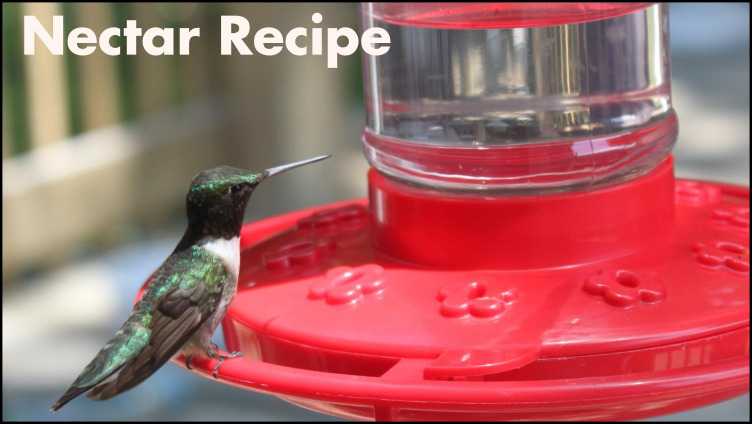
RELATED: If you’re one of the many people who enjoy watching hummingbirds feed, you may have also noticed that bees are often drawn to the sugar water in these feeders. Check out how to keep bees away from your hummingbird feeder.
Frequently Asked Questions:
As an animal that lives in the wild, most hummingbirds die in their first year of life. However, the average lifespan for North American hummingbirds is between 3-5 years.
Know that they can live to about 12 years of age if they can successfully find food, and shelter, and avoid other dangers.
Yes, they do sleep and can enter a state called “torpor” in which they slow their metabolism and heartbeat to conserve energy.
No, the male leaves after mating but stays in his territory. The female builds a nest and lays one or two eggs.
Many homeowners already know that the answer is yes, hummingbirds can and do come back to the same house if they have survived their journey.
When Do Hummingbirds Leave – Summary
While there isn’t a single answer to the question of when hummingbirds migrate, there are some general trends to be aware of. In general, northern populations of hummingbirds begin migrating south in late August or early September, while those living in more southern regions may make short trips to lower or higher elevations in search of food.
A few species living in tropical areas don’t migrate at all but simply move around within their own range to find the best sources of food throughout the year. Whichever type of hummingbird migration you witness in your area, it’s sure to be an amazing sight
If you feed and enjoy watching hummingbirds, this article provides some information on the dates common hummingbirds leave for warmer climates. I also gave tips on feeders and provided a recipe to make your own nectar.

I’m J.S., I created and am the content manager at DIYHouseSkills.com. I do the research and write the articles that appear on this website. I’ve learned many household skills during my life and think it’s important to at least know the basics so that you can save yourself time and money… READ FULL BIO >
- Best Mason Bee House DIY Steps | Avoid ThisToday mason bee houses have become very popular. Bees in general have been in decline which has sparked concern among many people. Building your own DIY backyard mason bee house is a project anyone can tackle with just a few materials and planning. Start with wood blocks or paper tubes, drill some holes and mount the bee house to a sturdy… Read more: Best Mason Bee House DIY Steps | Avoid This
- Growing Indoor Microgreens DIY (Easy and Cheap)How to start easily growing indoor microgreens for cheap. Microgreens, expensive to buy, cheap to grow yourself. There’s been a lot of buzz about microgreens such as what they are and just how do you grow them. Let’s dig into the world of growing DIY indoor microgreens easily and inexpensively. A few basics will get you started growing indoor microgreens. You… Read more: Growing Indoor Microgreens DIY (Easy and Cheap)
- The 5 Best Indoor Garden Systems (Reviewed And Compared)An easy-to-use and virtually foolproof hydroponic indoor garden system in the convenience of your home is ideal for a first-time gardener or an experienced green thumb. If you’re thinking of buying an indoor gardening system, you’re in the right place. In this post, we’ll take a look at the 5 best systems on the market, and compare them so that you… Read more: The 5 Best Indoor Garden Systems (Reviewed And Compared)
- Growing Vegetables Indoors For Beginners (Your Complete Guide)Are you a beginner looking to grow your own indoor garden? Starting your first indoor vegetable garden can seem like an overwhelming task. In this article, you’ll find everything a beginner needs to know about growing a healthy, year-round, organic garden indoors. Growing indoor vegetables is a popular pastime for many people. The best part about indoor gardening is that you… Read more: Growing Vegetables Indoors For Beginners (Your Complete Guide)
- How Compost Bins Work and Benefits of Using OneA compost bin is an important tool for any green thumb. Not only do they make the job of composting much easier, but they are also a great way to recycle organic waste and turn it into nutrient-rich soil for your garden. Composting is not only good for the environment, but it also has a ton of benefits for your plants.… Read more: How Compost Bins Work and Benefits of Using One
